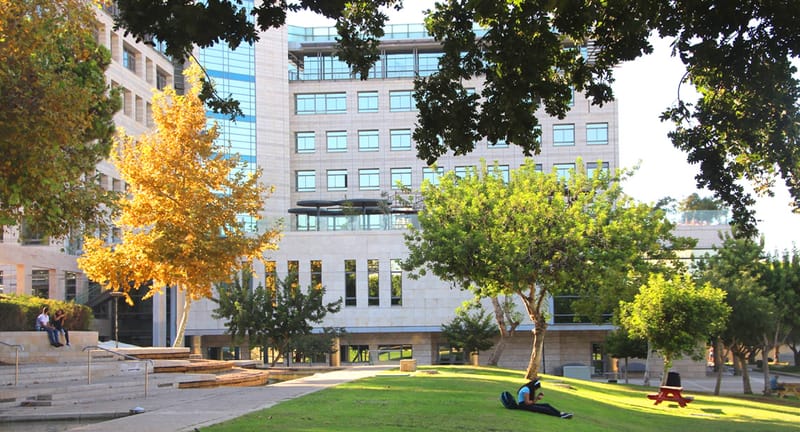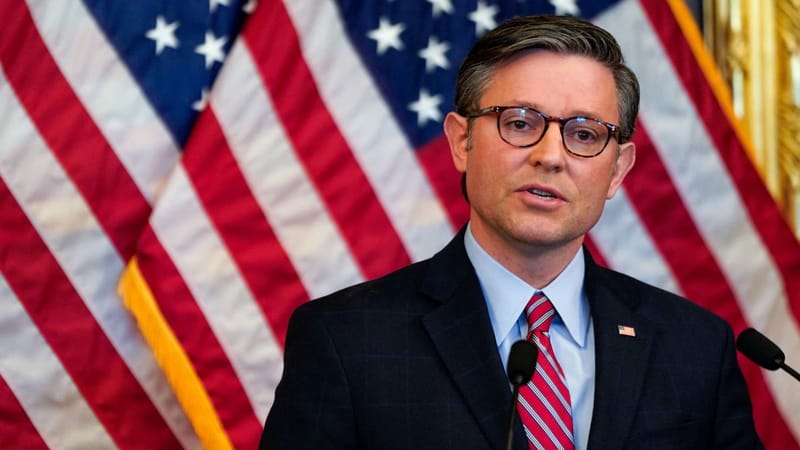Stalemate and Struggle: The Ongoing Conflict in Eastern Europe
As the Russia-Ukraine war surpasses its 782nd day, the international community continues to witness a conflict that has morphed into one of the most prolonged and intense confrontations of recent times.

As the Russia-Ukraine war surpasses its 782nd day, the international community continues to witness a conflict that has morphed into one of the most prolonged and intense confrontations of recent times. This protracted war has not only reshaped the geopolitical landscape of Eastern Europe but has also sent ripples across the global political and economic spheres.
Recent developments in 2024 highlight a dynamic and evolving conflict. Ukrainian forces have made notable progress in the Black Sea, undermining Russian blockade operations and enhancing their ballistic missile defenses. This naval success, however, contrasts with challenges on land, where the lack of advanced Western weaponry has hindered potential Ukrainian advances. The international community remains heavily engaged, with debates and discussions centered on how to effectively support Ukraine and what strategies might lead to a resolution of the conflict.
On the diplomatic front, calls for peace have intensified. UN officials and global leaders continue to urge both sides to adhere to international law and seek a peaceful resolution. The complexities of the war are further deepened by the involvement of various international actors, each with their vested interests, complicating the path to a sustainable peace.

Amidst the ongoing conflict, the resilience of the Ukrainian people has been notably significant. The national response has been marked by a surge in national unity and patriotism, with civilians and military personnel alike standing in defiance against the invasion. This unity is also reflected in the global diaspora, which has been actively involved in raising support for Ukraine’s cause.
Economically, the region and beyond have felt the war’s impact, with disruptions in agricultural production and energy supplies. Ukraine, known as the "breadbasket of Europe," has seen its agricultural exports severely disrupted, contributing to global food insecurity.

As the war enters yet another year, the call for a resolution grows louder. The international community continues to seek a pathway to peace that respects sovereignty and territorial integrity but remains confronted with the reality of a conflict deeply rooted in historical grievances and geopolitical rivalry. The future course of this war will undoubtedly have profound implications for international law, security policies, and the global order.






